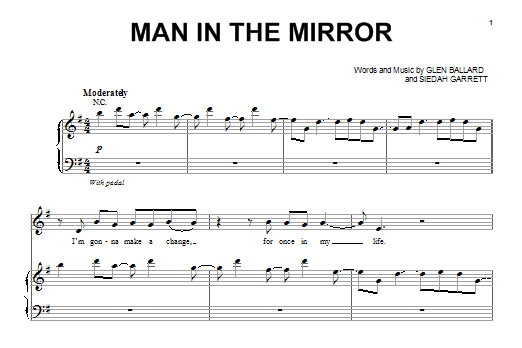There’s not much ethics coaching in public relations, marketing, and communications. We are incentivized to help our clients get their messages out, whatever they are. But we also are often able to help our clients shape those their messages, and that’s when our own ethics can often come into play.
On this front, there’s a great piece of reporting doing the rounds about a corporate PR firm called Zeno, whose clients include Coca-Cola, Salesforce, Hershey’s, Netflix, and Starbucks. Reporter Judd Legum found an email from a vice president at Zeno advising corporate clients not to weigh in on the draft Supreme Court opinion on Roe. Legum quotes the email ( you can read his full report here):
“This topic is a textbook “50/50″ issue. Subjects that divide the country can sometimes be no-win situations for companies because regardless of what they do they will alienate at least 15 to 30 percent of their stakeholders; Do not assume that all of your employees, customers or investors share your view.”
As Legum points out, abortion is not actually a 50/50 issue in this country at all — 72% of people support a woman’s right to choose. But popular opinion on this issue is moot: pretending to seem unbiased on important issues doesn’t help society.
I am lucky enough to work with a lot of clients for whom standing up for good and doing the right thing is part of their DNA. I helped several clients condemn Alito’s draft opinion in the last week. For many social change organizations, taking a stand on contentious issues is one reason they exist. It’s my honor to help them get those messages out.
PR and marketing professionals who work with for-profit companies face a different hurdle. And I can see how a vice president at Zeno, focused on keeping everyone happy, would advise their clients to toe a safer line. But it’s wrong to do that, and they are harming the profession — and the world — by telling their clients to keep quiet.
If you work for Zeno, here’s what I recommend doing. Email your VP and tell her you feel strongly about this issue — not just a woman’s right to bodily autonomy, but an organization’s right and necessity to grapple with these issues internally and decide for themselves what is worth standing up for. If they fire you, then no problem. You stood up for yourself on an issue you thought was important. Individual acts of courage force people to revisit their mistakes. If they can’t take it, then so be it. There are a lot of people in the industry who would be proud of you when they hear about what you said, in a job interview. Me included.
Public relations people are powerful. We do have the power to shape public approaches at key moments like this. I encourage us all to support each other in standing up at the right moments. Particularly when our colleagues say and do things that harm the whole profession.


